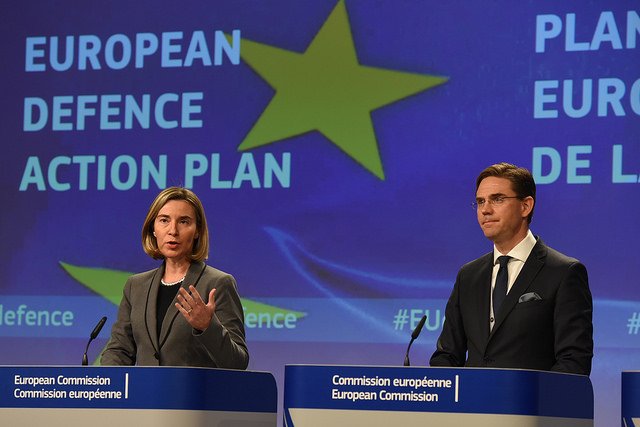A Fundamental Law of the European Union
|
1.
|
‘Ever closer union’ defined as federal union of states and citizens deriving legitimacy from popular sovereignty
|
|
2.
|
Constitutions of EU states must respect EU values
|
|
3.
|
Commission becomes the EU government, appointed by and answerable to the legislature of Council and Parliament
|
|
4.
|
Limited right of legislative initiative to Council and Parliament
|
|
5.
|
European Council redefined as the lead formation of the Council of Ministers
|
|
6.
|
Rotating Council presidency abolished: each formation elects its own chair
|
|
7.
|
Commission becomes smaller, nominated by its President
|
|
8.
|
Certain number of MEPs elected in pan-EU constituency on transnational lists
|
|
9.
|
Wide extension of ordinary legislative procedure
|
|
10.
|
Widen jurisdiction of Court of Justice
|
|
11.
|
Easier access for citizens to Court of Justice
|
|
12.
|
Ending rigid unanimity for future treaty change and entry into force
|
|
13.
|
Ending opt-outs in justice and home affairs
|
|
14.
|
Creation of an associate membership
|
|
15.
|
EU tax revenue to finance EU spending
|
|
16.
|
Additional budget for the eurozone
|
|
17.
|
Common economic policy focussed on sustainable growth
|
|
18.
|
Fiscal solidarity to complement fiscal discipline
|
|
19.
|
New powers for European Parliament in economic and employment policy
|
|
20.
|
National parliaments get a say in excessive deficit procedure
|
|
21.
|
Wider powers for European Central Bank
|
|
22.
|
Permit sharing of sovereign debt under strict conditionality
|
|
23.
|
Lifting prohibition on approximation of national laws
|
|
24.
|
Modernisation of common policies
|
|
25.
|
Right of assent for Parliament on all international agreements
|






